Dua For Heartbreak In Arabic, Transliteration, And Meaning in English
Heartbreak is a painful experience that can leave a person feeling shattered, helpless, and vulnerable. Whether it’s a failed relationship, the loss of a loved one, or a betrayal of trust, heartbreak can trigger a range of emotions, from sadness and anger to guilt and shame.
Advertisements
While everyone has their own way of dealing with heartbreak, seeking solace in dua can bring a sense of comfort and healing during times of emotional turmoil.
In this blog, we will explore some of the Dua for heartbreak and depression in Arabic and their meanings as well how to deal with heartbreak in Islam.
Dua is the act of supplicating to Allah, the Creator of the universe, for guidance, mercy, and forgiveness. Dua is a powerful tool that can help individuals find strength, patience, and healing during times of distress.
Is There Any Specific Dua For Heartbreak?
The short answer is there is not, as far as we know, any dua for heartbreak that has been reported from the Prophet (peace and blessings of Allah be upon him), but you can pray to Allah to mend your broken heart.
Advertisements
There is no greater remedy for that than patience and fearing Allah, and thinking positively of Allah, the Lord of the Worlds, putting one’s trust in Him, delegating one’s affairs to Him and turning to Him in all times of calamity.
All suffering in this world is temporary, even heartbreak which seems unending. Channel your grief into dua and ask Allah to grant contentment with His Decree.
Increase in your acts of worship and busy your heart with remembrance of Allah, the One who will never let you down.
Duas For Heartbreak In Arabic
Some of the du’aa’s narrated from the Prophet (peace and blessings of Allaah be upon him) that individuals can recite during depression and heartbreak include the following:
Dua #1
اللَّهُمَّ إِنِّي أَعُوذُ بِكَ مِنَ الْهَمِّ وَالْحَزَنِ، وَالْعَجْزِ وَالْكَسَلِ، وَالْجُبْنِ وَالْبُخْلِ، وَضَلَعِ الدَّيْنِ وَغَلَبَةِ الرِّجَالِ
Advertisements
Transliteration
Allaahumma inni a’oodhu bika min al-hammi wa’l-hazani wa’l’ajzi wa’l-kasali wa’l-jubni wa’l-bukhli wa dala’ il-dayn wa ghalbat al-rijaal.
Meaning In English
Dua for heartbreak means O Allah, I seek refuge with You from worry, grief, incapacity, laziness, cowardice, miserliness, from being heavily indebt and from being overcome by men.
Dua For Depression And Heartbreak
اللَّهُمَّ إِنِّي عَبْدُكَ، ابْنُ عَبْدِكَ، ابْنُ أَمَتِكَ، نَاصِيَتِي بِيَدِكَ، مَاضٍ فِيَّ حُكْمُكَ، عَدْلٌ فِيَّ قَضَاؤُكَ، أَسْأَلُكَ بِكُــــلِّ اسْمٍ هُوَ لَكَ، سَمَّيْتَ بِهِ نَفْسَكَ، أَوْ أَنْزَلْتَهُ فِي كِتَابِكَ، أَوْ عَلَّمْتَهُ أَحَداً مِنْ خَلْقِكَ، أَوِ اسْتَأْثَرْتَ بِهِ فِي عِلْمِ الغَيْبِ عِنْدَكَ، أَنْ تَجْعَلَ القُرْآنَ رَبِيعَ قَلْبِي، وَنُورَ صَدْرِي، وَجَلاَءَ حُزْنِي، وَذَهَابَ هَمِّي
Advertisements
Transliteration
Allaahumma inni ‘abduka wa ibnu ‘abdika wa ibn ammatika naasiyati bi yadika maadin fiyya hukmuka ‘adlun fiyya qadaa’uka as’aluka bi kulli ismin huwa laka sammayta bihi nafsaka aw ‘allamtahu ahadan min khalqika aw anzaltahu fi kitaabika aw asta’tharta bihi fi ‘ilm il-ghaybi ‘indaka an taj’al al-Qur’aana rabee’a qalbi wa nooar sadri wa jalaa’a huzni wa dhahaaba hammi.
Meaning
O Allaah, I am Your slave, son of Your slave, son of Your female slave, my forelock is in Your hand, Your command over me is forever executed and Your decree over me is just.
I ask You by every name belonging to You with which You have named Yourself, or, or You have taught to any of Your creation, or You have revealed in Your Book, or You have preserved in the knowledge of the Unseen with You, that You make the Qur’aan the life of my heart and the light of my breast, and a departure for my sorrow and a release for my anxiety.

It was narrated that Abd-Allaah ibn Mas’ood said: The Messenger of Allaah (peace and blessings of Allaah be upon him) said: “If a person who is afflicted by anxiety or sorrow says this Dua then Allaah will take away his anxiety and sorrow, and will replace it with joy.
Narrated by Ahmad; classed as saheeh by Shaykh al-Albaani in al-Silsilah al-Saheehah, 199.
Dua #3
لَّآ إِلَٰهَ إِلَّآ أَنتَ سُبۡحَٰنَكَ إِنِّى كُنتُ مِنَ ٱلظَّٰلِمِينَ
Transliteration
Laa ilaaha illa Anta, subhaanaka inni kuntu min al-zaalimeen.
Meaning
None has the right to be worshipped but You (O Allaah), Glorified (and Exalted) be You [above all that (evil) they associate with You]! Truly, I have been of the wrongdoers.

It was narrated that Sa’d ibn Abi Waqqaas said: The Messenger of Allaah (SAW) said:
“The prayer of Dhu’l-Noon which he said when he was in the belly of the fish (the above dua). No Muslim man calls upon Allaah with these words concerning any matter but Allaah will answer him.
Narrated by al-Tirmidhi, 3505; classed as saheeh by al_Albaani in Saheeh al-Jaami’, 3383.
Istighfar: Istighfar is the act of seeking forgiveness from Allah for one’s sins and shortcomings.
Reciting Istighfar during heartbreak can help individuals find solace in the knowledge that Allah is the ultimate forgiver and that seeking forgiveness can bring them closer to Him.
- Read more Duas for anxiety and stress.
Shaykh al-Islam Ibn Taymiyah (may Allah have mercy on him) said:
Many people, when they see evil or when the Muslim ummah goes through a lot of trouble, panic, lose hope and start complaining as people who are beset by calamities do.
But this is forbidden; rather what is enjoined is to be patient, to put one’s trust in Allah, to be steadfast in adhering to the religion of Islam and to believe that Allah is with those who fear Him and those who do good, and that the best end is for those who fear Him;
whatever befalls him is because of his sins, so he should be patient, for the promise of Allah is true; he should seek forgiveness for his sins and glorify and praise his Lord morning and evening.
End quote from Majmoo‘ al-Fataawa, 18/295
Surah For Broken Heart
Here are 5 ayahs (verses) of the Qu’ran that will comfort a broken heart.
1. Surah Sharh Verse 6
“Indeed, with every hardship is ease.”

This ayah will always make you reflect on everything that you do have, and takes the focus off what you have lost.
It reminds us that even if it seems like everything is going wrong, something is still going right.
When we lose something, we gain something else. And even if we can’t think of anything we’ve actually gained, there are still numerous blessings for which we should be grateful.
Specifically when recovering from heartbreak, the “ease,” if we allow it to be so, is closeness to Allah.
We can’t think of any other time when we make more du’a to Allah, and cry to Him more, than when we’re brokenhearted.
2. Surah Ra’ad verse 28
“No doubt, in the remembrance of Allah hearts find comfort.”

Similarly, this ayah reminds us that if we give our hearts to Allah and remember Him frequently, they will be soothed.
This can be accomplished through salah, the Qur’an, dhikr, or simply talking to Allah (du’a).
We should allow tough times to bring us closer to Allah rather than take us away from Him.
A person can blame their bad fate, but at the end of the day, who do we really have except Allah?
He is the only one who truly understands our pain, and He is always waiting for us to turn back to Him.
3. Surah Baqarah verse 216
“Perhaps you hate something and it’s good for you, and perhaps you love something and it’s bad for you. Allah knows, while you don’t know.”

This reminder can be difficult to swallow, but it is definitely necessary. We sometimes forget that even if we dislike something that has happened to us, it may be for the best.
For example, if a friend hurts you and the friendship ends, it might be because Allah knew that friend wasn’t good for you.
Or if you’re dating someone and they dump you, it’s because Allah wants to protect you from continuing a life of sin.
And sometimes the painful situation is something we don’t see the point of, such as heartbreak caused by parents, children, or a spouse. This is why the ayah concludes, “Allah knows, while you don’t know.”
When something like this happens, we need to trust that whatever happens is the will of Allah and He wants what is best for us, even if we don’t know the wisdom behind it right now.
4. Surah al-Baqarah verse 186
“Whenever My servants ask about Me, indeed, I am near. I respond to the call of the supplicant whenever he calls upon Me.”

Allah is always listening, whether it’s early in the morning or late at night. We must believe that He hears our prayers and will respond respond in the best way.
It’s comforting to to know that we can have a direct relationship with our Creator at any time of day or night, regardless of what’s going on in our lives.
5. Surah Ra’ad verse 24
“Peace be upon you for what you patiently endured. And excellent is the final home.”

This is what the angels will say to us when we get to Jannah (Paradise), in sha Allah. These words should comfort us no matter how much pain we are in.
They remind us that whatever we are going through is not in vain, and also that it’s not going to last forever.
No matter how difficult of a situation we are in, there is light at the end of the tunnel. Someday, we will all be out of this temporary, imperfect world and living in everlasting bliss in sha Allah.
How To Deal With Heartbreak In Islam
Dealing with heartbreak can be a challenging experience, but Islam offers several ways to cope with the pain and find healing. Here are some tips on how to deal with heartbreak in Islam:
Seek comfort in prayer: As mentioned earlier, supplicating to Allah through Dua can bring comfort and healing during times of distress.
Make a habit of reciting Duas specific to depression, stress, grief. Prayer can help you feel more connected to Allah and remind you that you are not alone in your pain.
Trust in Allah’s plan: Even though heartbreak can feel like the end of the world, remember that everything happens for a reason and that Allah has a plan for you.
Trust that He knows what is best for you and that He has something better in store for you.
Seek solace in the Quran: The Quran is filled with stories of hardship and resilience, reminding us that we are not alone in our struggles.
Practice self-care: Taking care of your physical and emotional health is essential when dealing with heartbreak.
Practice self-care activities such as exercising, eating healthy, getting enough sleep, and spending time with loved ones.
You can also engage in activities that bring you joy, such as reading, painting, or listening to Quran.
Conclusion
Heartbreak can be a painful and overwhelming experience. However, seeking solace in Dua can bring a sense of comfort and healing during times of emotional turmoil.
Seek solace in prayer, trust in Allah’s plan, seek guidance in the Quran, practice self-care, and seek professional help if needed.
Remember that the pain of heartbreak will eventually fade, and Allah’s love and guidance will always be with you.
Advertisements

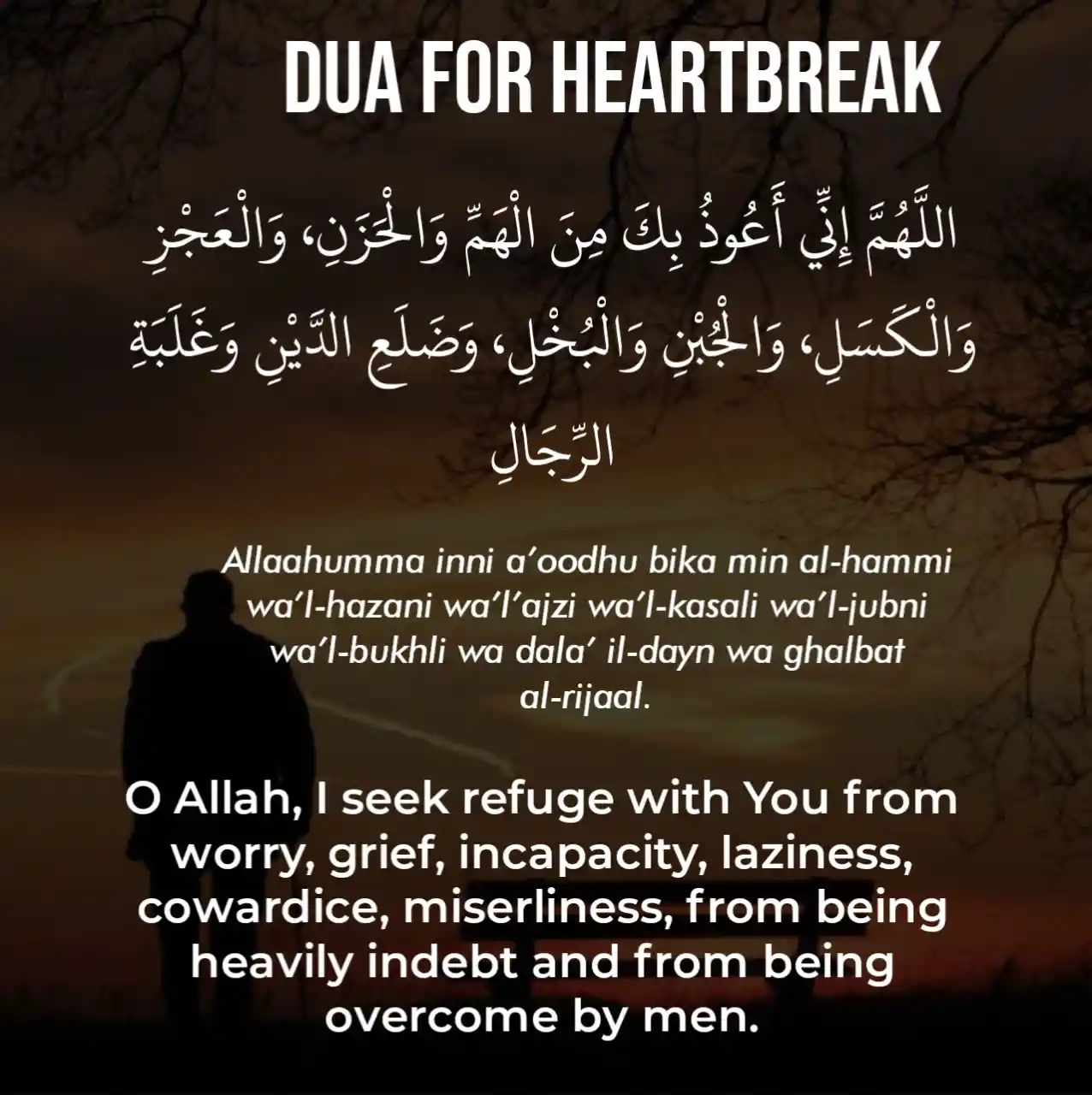
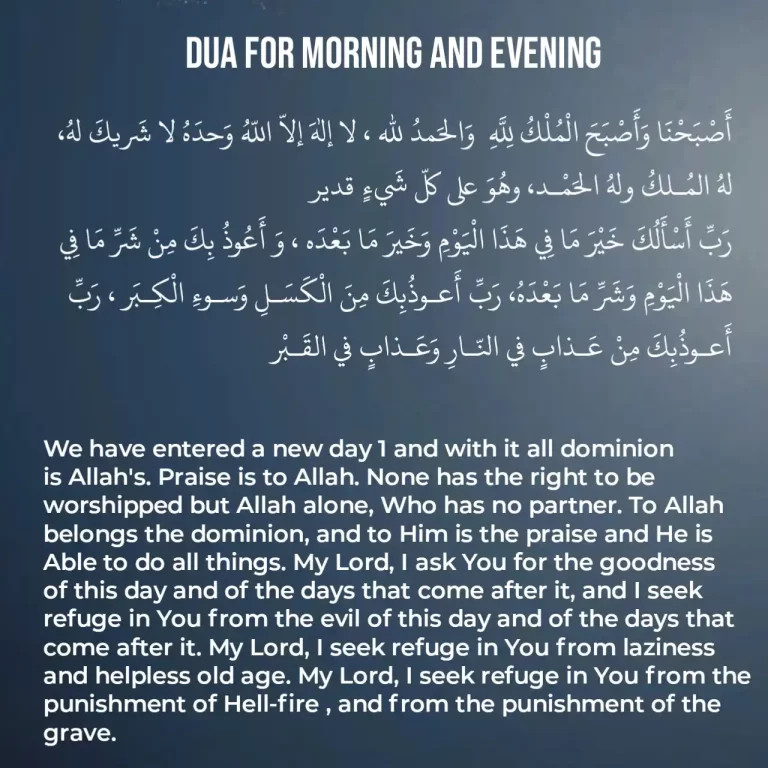

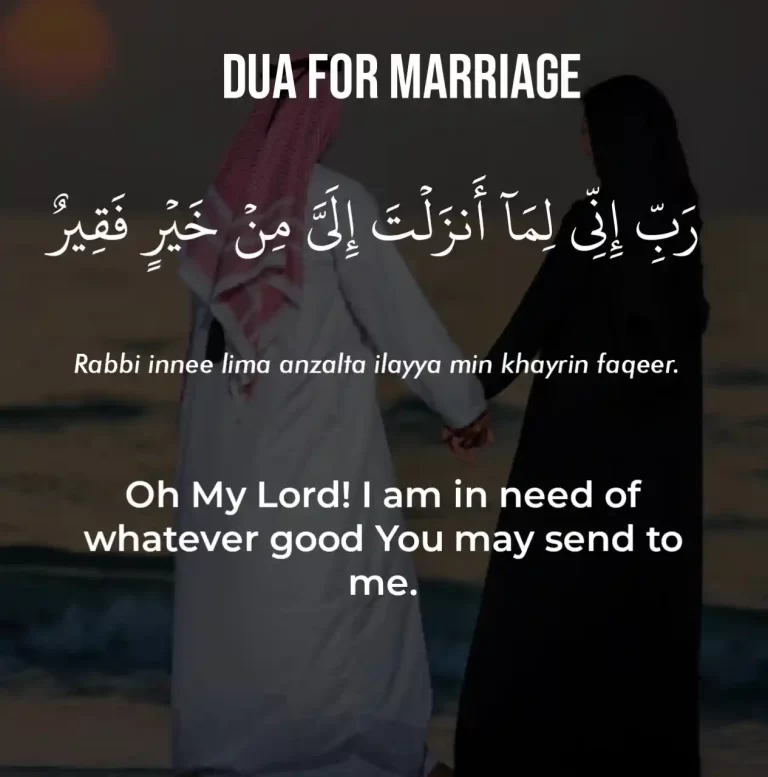
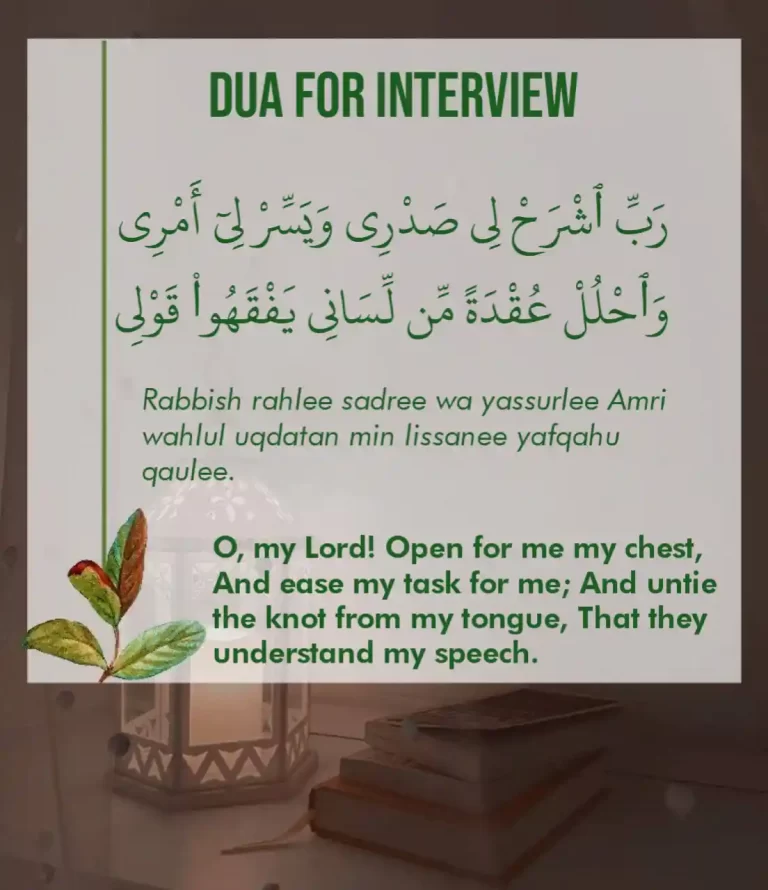

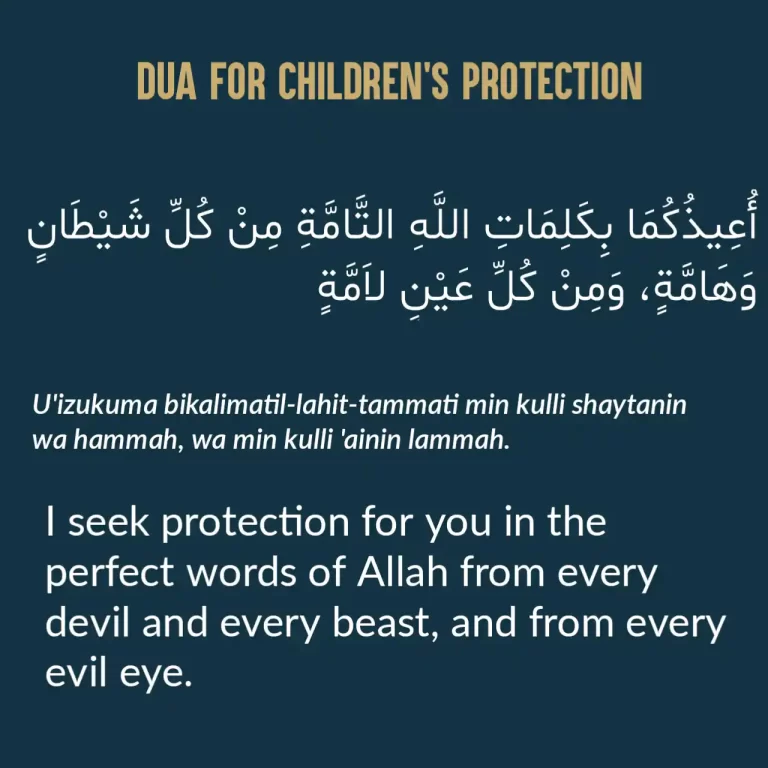
3 Comments